40 Years of Service: Global Volunteers’ Guiding Principle – We do whatever we are asked to do
In this ongoing series, we describe Global Volunteers’ guiding principles. These ten foundational values shape our human and economic development approach and, in partnership with communities we serve globally, have yielded remarkable results. These principles are shared with all our volunteers as they prepare for their service programs, equipping them to effectively serve communities and derive maximum personal growth from the experience. Today, we delve into the third principle: We only do what we are asked to do as we wage peace and promote justice.
Global Volunteers attempts to do whatever we are asked, but only what we are asked to do. We act as a partner in the human and economic development process by assisting local communities in efforts that enhance self-reliance. To ensure that volunteers can contribute positively to this process, we ask volunteers to take on the role of a “Servant-Learner.” As servants, volunteers agree to do whatever they are asked to do within their limitations – within the parameters of their ability. As learners, volunteers recognize that local people, regardless of their education level, enjoy great knowledge and wisdom. The “Servant-Learner” is someone who willingly agrees to lend a hand as they learn from and about local people.
“God does not require that we succeed. God only asks that we serve.”
Mother Teresa
Global Volunteers’ fundamental objective is to help local people do what they have already decided to do. We focus on expanding local people’s capacity to do what they have determined is important for their future. Consequently, we are not primarily concerned about constructing buildings, improving education, growing food, caring for children, or providing health care.
Although all those are vitally important, they are the local people’s responsibility. The volunteer’s responsibility is to be a resource for the communities served.
We have been invited to teach conversational English in the classroom, tutor English teachers, teach math and science, care for abandoned infants, conduct parent educational workshops, contribute patient care, explain sound business practices, train families to use household container gardens, help local people construct schools and health clinics, identify crop diseases, work with families building chicken coops, facilitate women’s cooperatives, and assemble water harvesting and purification systems. However, in the absence of a specific project invitation, we do not “do” anything in a community, even when we might “know” something is needed or that it would be good to do it. Nor do we tell local people how they ought to do any of these things. If asked, we respectfully explain how we might accomplish something in our homeland and allow the local people to decide if there is any aspect of our process they might wish to employ.
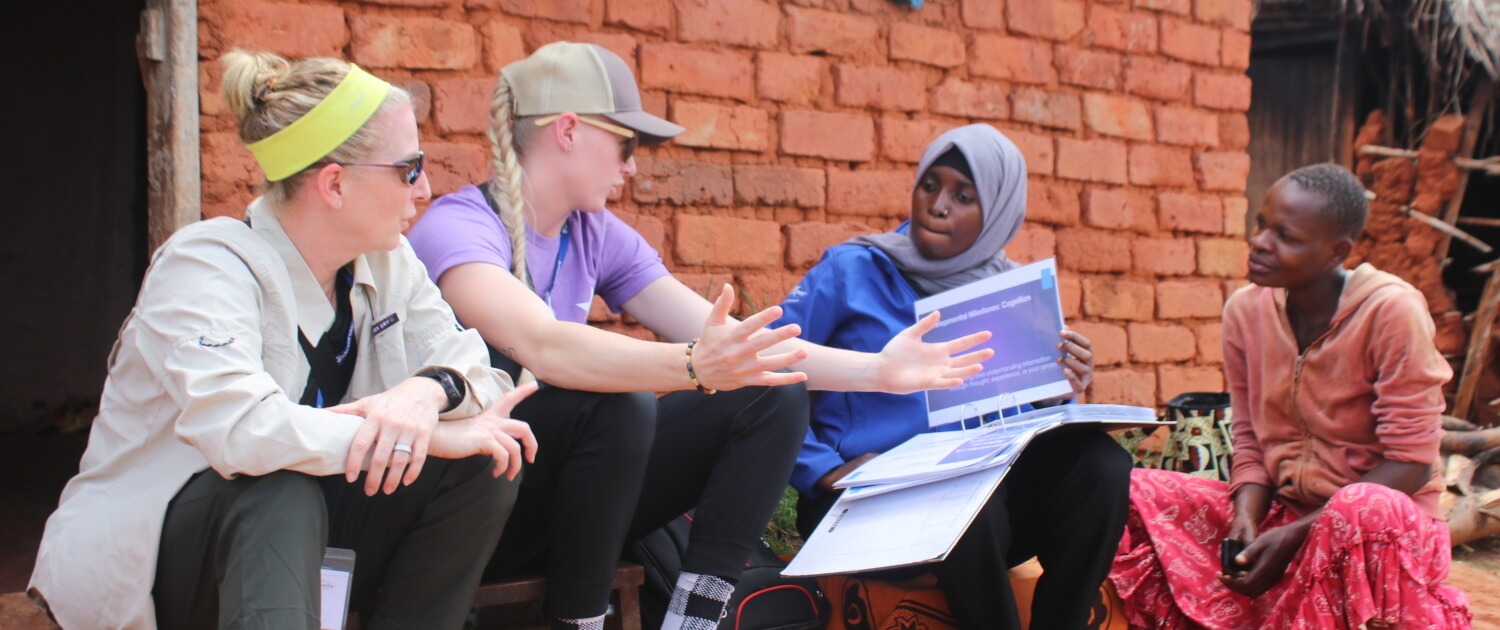
One of our teams in Guatemala was asked to help dig a ditch for a clean water system. Now you might ask, “Why encourage people to travel all the way to Guatemala to dig a ditch? Certainly, even the poorest people can do that.” That question is even more poignant given this particular team of volunteers because among them there were several teachers, a school superintendent, a couple of lawyers, a journalist, a nurse, and a couple of businesspeople. These were all well-educated and highly talented people, and they were all assigned to dig a ditch with shovels and pickaxes. Some might argue that these volunteers could have made a more substantive contribution if they had used their skills and expertise rather than digging a hole in the ground, albeit, an important hole.
The servant does what s/he is asked to do, and the local leaders asked this team to help with the ditch for the potable water system. It was a life-saving project. Contaminated water is a killer – particularly for children. Potable water is a lifesaver. Still, that may not justify the use of highly skilled professionals for the excavation. To fully understand the value of the Servant, it is important to know that in a subsistence society, where people live off the land, they do not
survive if they do not work the land every day. Consequently, organizing a group of community people to take time away from their normal activities to dig a ditch is extremely difficult, even for a life-saving potable water system.
When the people of this Guatemalan village were told that 14 strong and energetic volunteers were coming to their community to work with them, they decided to take advantage of that resource and put them to work. The plan for the water system, which would bring clean water directly to their homes, had been discussed for several years. The decision to do it had been made sometime before. Nevertheless, organizing the effort was more challenging. However, now, an unexpected resource was available.
So, there they were, 14 Global Volunteers and 40 villagers strung out in a long line digging a ditch that would hold a pipe through which clean, potable water would flow. The volunteers became the catalysts for the local people to do what they had already decided to do. On subsequent trips, the water pipe was laid, and the water was hooked up. Within a couple of years, most of the modest village homes had running water that came from pristine mountain springs.
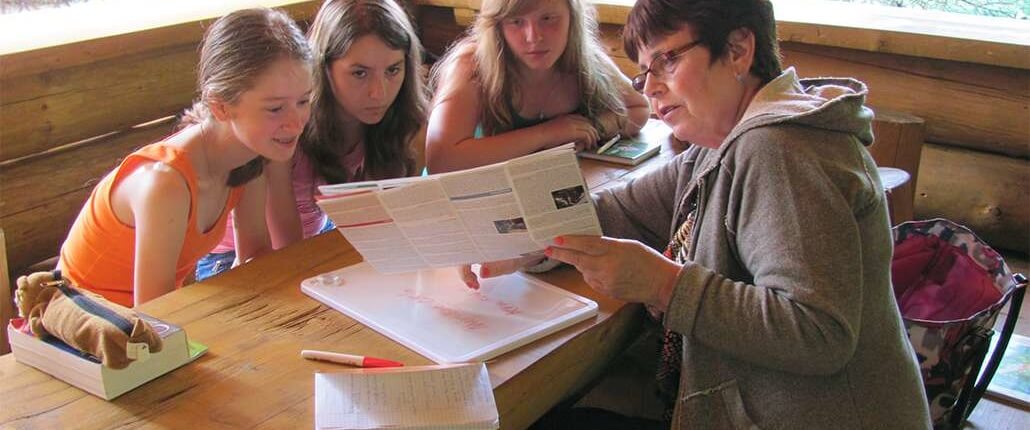
As in many development stories, the water did not solve all the community’s problems. The villagers soon discovered that running water needed to be drained, and this village had no sewer. Water ran out of their homes and into the streets, deteriorating the rutted roads. This was an unforeseen complication by the villagers, but they soon figured out a solution. With the help of other volunteer teams, they installed a community sewer system. The results were clean, potable water and a sewer system that served the health of the village children.
However, the most important part of this story is the many friendships that were made among the local people and the volunteers who served in this village. Friendship is foundational to waging peace and promoting justice, Global Volunteers’ primary objectives. Friendship is important because friends typically resolve disputes nonviolently. There will always be disputes among people; what’s important is how they get resolved. So, the more friends there are in the
world, the more nonviolent dispute resolution there will be. Likewise, friendship is key to justice. When you learn that an injustice is being perpetrated against one of your friends, you want to do something about it; you are called to offer your assistance. So, the more friends there are in the world, the more people there will be working for justice.
When local people and outside volunteers work together – shoulder-to-shoulder, hand-in-hand – on a community project, they get to know each other. As they do, they inevitably discover that we are all far more alike than different. It is out of that discovery that friendships are born. Although the work project is often the principal objective of the local people, and we always do whatever we are asked to do within our limitations, for Global Volunteers, the community project is the vehicle for establishing genuine friendships because that’s the beginning of waging peace and promoting justice.
You may also like:
40 YEARS OF SERVICE: GLOBAL VOLUNTEERS’ GUIDING PRINCIPLE – WE SERVE ONLY WHERE WE ARE INVITED

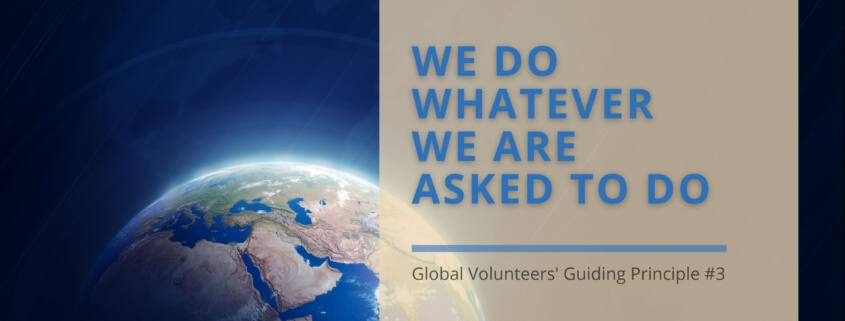
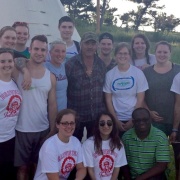
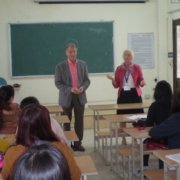
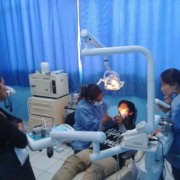
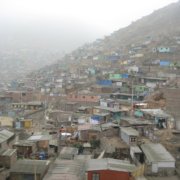
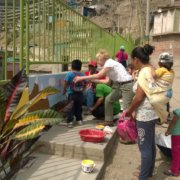
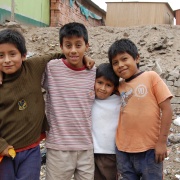
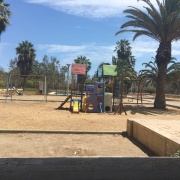
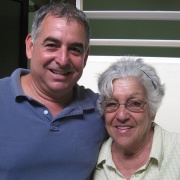


Leave a Reply
Want to join the discussion?Feel free to contribute!